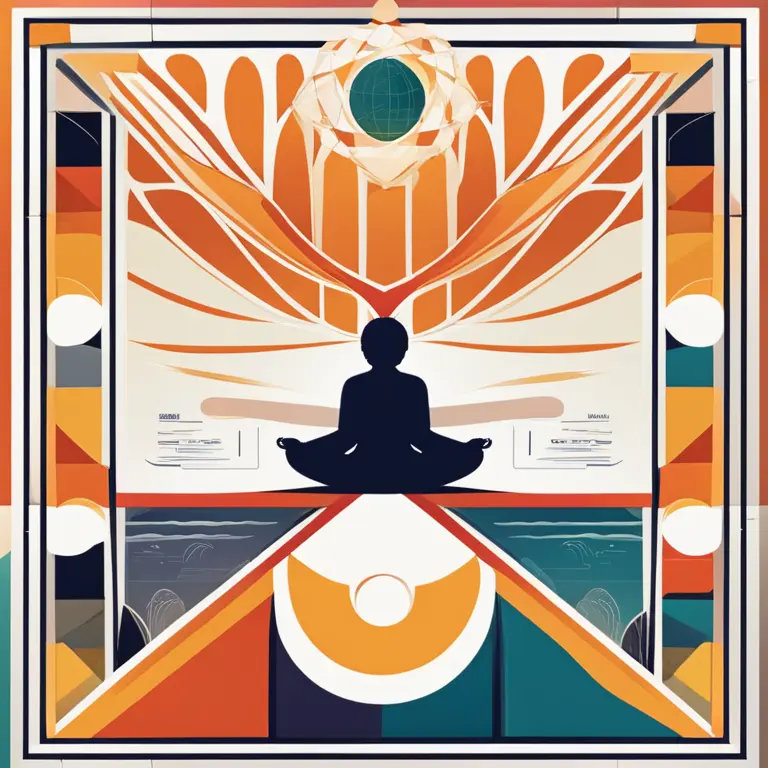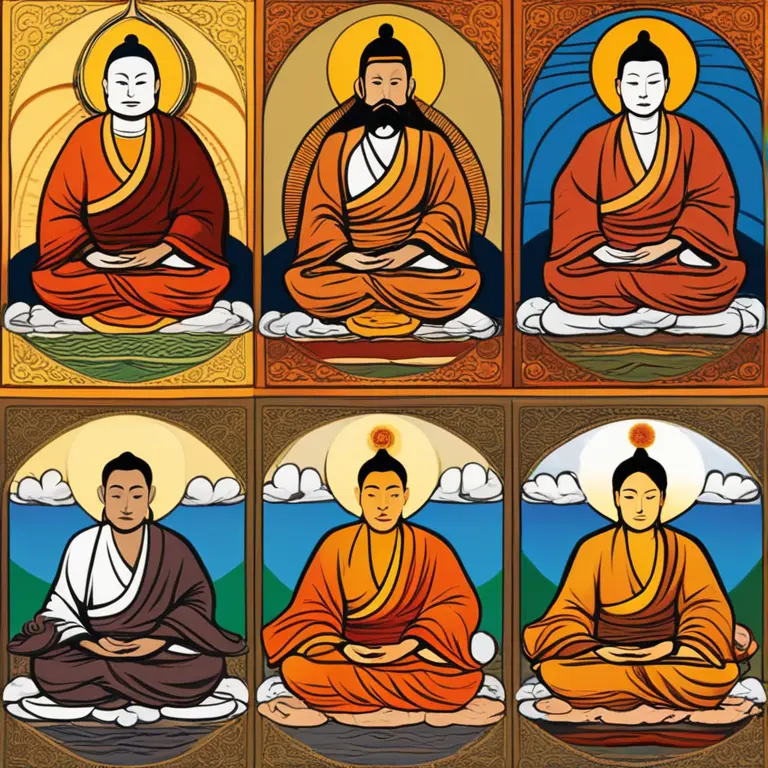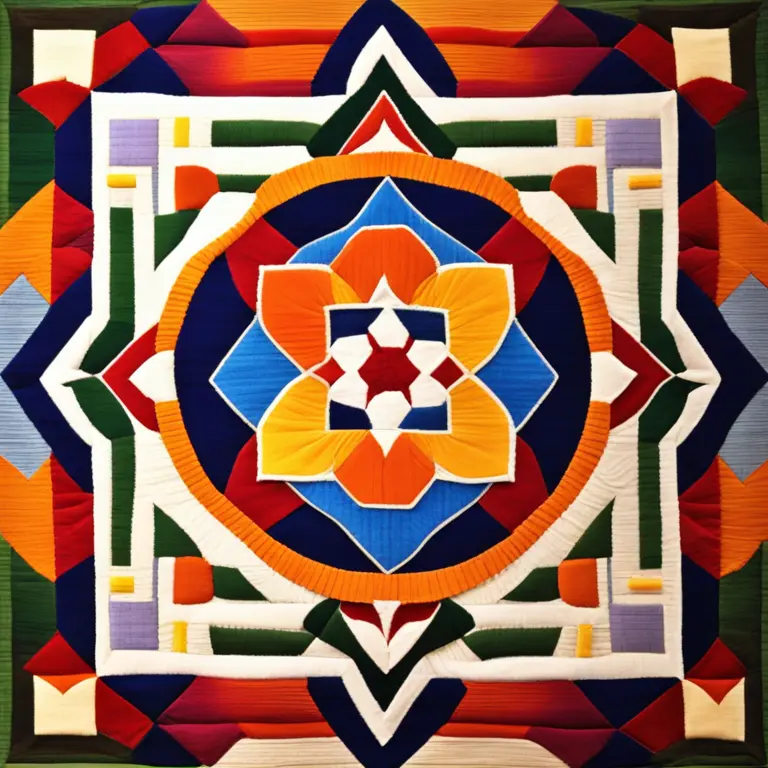
The Origins of Meditation: A Historical Inquiry
Delve into the ancient roots and elusive creators behind the transformative practice of meditation.
article by Hina Kurosawa
The Dawn of Meditation
Meditation, as we understand it today, is a practice deeply entrenched in a history that predates recorded time. Its origins are as mysterious as the state of consciousness it aims to reach. While pinning down an exact inventor of meditation is elusive, the practice has been recognized in a multitude of ancient cultures. Historians trace meditation back to as early as 5000 to 3500 BCE, evidenced by wall art in the Indian subcontinent depicting figures in meditative-like positions. These archaic roots suggest that meditation developed concurrently across different geographical regions and cultures.

Cultural Weaving of Meditation Practices
Insights into meditation have surfaced in various religious contexts, including Hinduism, Buddhism, Daoism, and later, Christianity. In Hinduism's ancient scriptures, the Vedas, meditation is referenced as 'Dhyana', integral for achieving spiritual connection. Buddhism, founded by Siddhartha Gautama or Buddha in the 6th century BCE, further popularized 'Dhyana' as a path to enlightenment. In China, Daoist and Confucianist traditions from the 6th century BCE also emphasize meditative techniques for harmony with the Tao. Christian meditation has roots in monasticism and the introspective practices of Desert Fathers of the early Christian church.

Evolution Across Millennia
Across millennia, the tradition of meditation evolved and adapted to different philosophical and theological contexts, integrating with local customs and belief systems. During the Middle Ages, meditation spread within Islamic societies, influenced by Sufism – the mystical dimension of Islam – concentrating on the remembrance of God and the universe's devotional aspects. The modern depiction of meditation, as a secular tool for stress reduction and self-improvement, stems from techniques standardized and popularized in the 20th century. Leaders such as Maharishi Mahesh Yogi and practitioners in the Transcendental Meditation movement played significant roles in this global adoption.

The Scientific Embrace
In contemporary times, meditation transcends spiritual boundaries, entering the realm of science. With emerging research in areas such as neuroscience and psychology, meditation's efficacy is being rigorously explored and documented. Studies shed light on its potential benefits for mental health, cognitive performance, and physical well-being, leading to broader acceptance and integration into healthcare and educational settings. The adaptability and timeless appeal of meditation have enabled its survival and diversification into numerous schools and techniques.

Meditation in the Modern Digital Age
The digital revolution further democratizes meditation through apps, online courses, and virtual reality experiences. These modern iterations emphasize accessibility, guiding users through a spectrum of meditative practices with the tap of a finger. As we move deeper into the 21st century, meditation continues to evolve, reflective of humanity's persistent search for inner peace and understanding of the mind's intricate landscapes.
Published: 1/14/2024
Modified: 1/15/2024
More predictions
Come back here soon to learn more about yourself and your future


Calming the Storm: Mindfulness Meditation for Anger
Discover how mindfulness meditation can be a powerful tool for anger management, promoting inner peace and emotional balance.


Mindfulness & Meditation: A Guide for High Schoolers
Discover the benefits of mindfulness meditation tailored for the hectic life of high school students, and learn simple strategies to incorporate it into the daily routine.


Easing Loneliness with Mindfulness Meditation
Explore how mindfulness meditation can provide solace and connection to alleviate the feelings of loneliness.